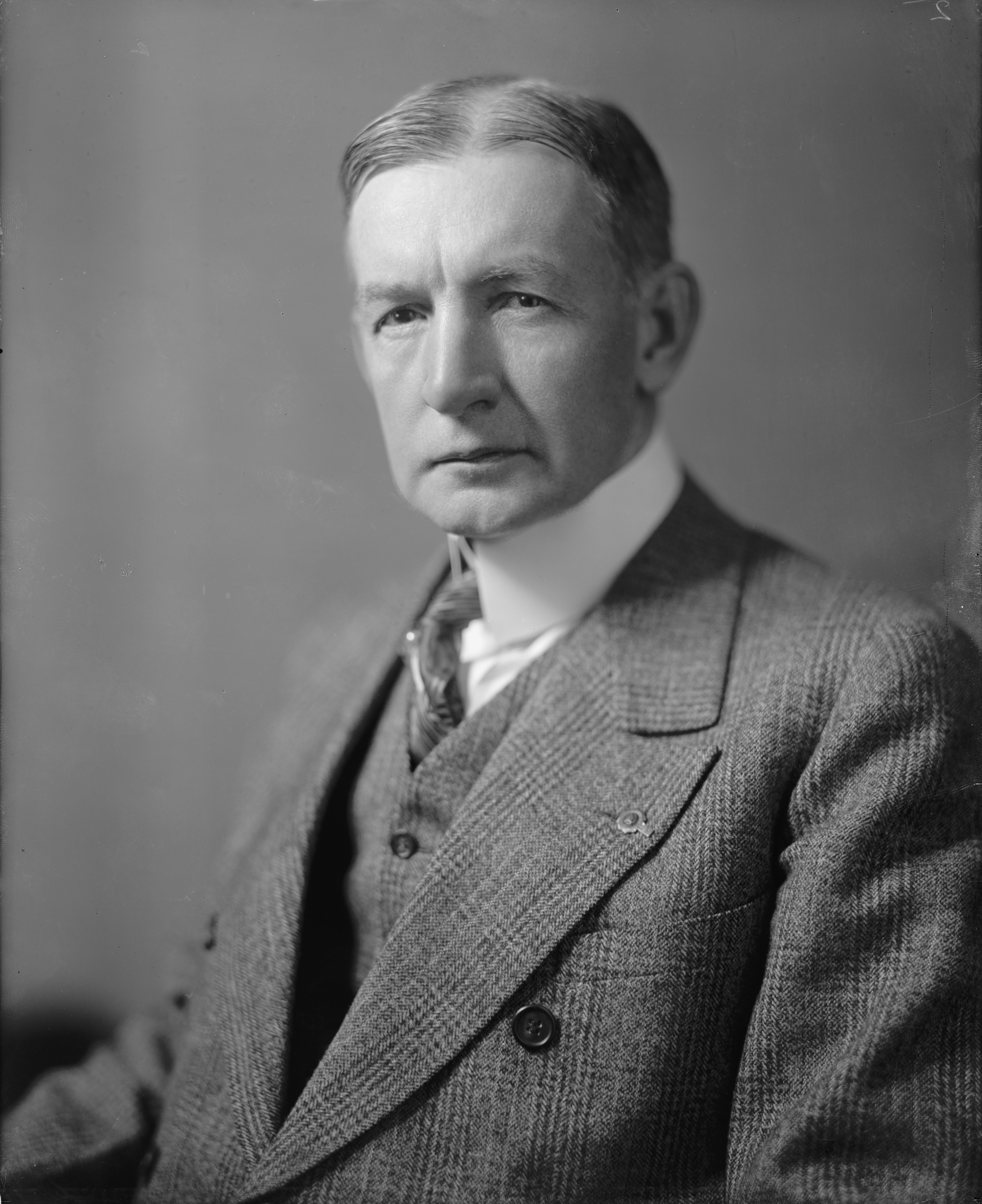The Remarkable Charles G. Dawes
Alan’s TTIM Stories #19
A vice president of the United States, a wartime general, a Noble Peace Prize laureate, and a hitmaker on the 1950’s music charts – all possible for one person? By intention or serendipity? It’s time to resurrect the story of a person doomed to be forgotten on a long list of American vice presidents.
A steady rise to prominence
Charles G. Dawes was born in Marietta, Ohio, on August 27, 1865. There is an ancestral connection to patriotism with William Dawes who rode with (and farther than) Paul Revere. After graduating from Cincinnati Law School, he began a law practice in Lincoln, Nebraska. Earlier in his professional life, Dawes stayed close to business, in particular – banking, and politics. He campaigned for McKinley for the presidency and founded the Central Trust Company of Illinois. Extensive business knowledge allowed him to serve his country during World War I as the chairman of the general purchasing board for American Expeditionary Forces, reaching the rank of brigadier general.
Not the first choice
At the Republican Convention of 1924 in Cleveland, the first choice for vice president candidate, Illinois governor Frank Lowden, turned down the offer. Second choice, Senator William Borah also turned down a place on the ticket. The convention, and President Coolidge, accepted Dawes as the running mate. His speeches on behalf of the ticket contributed to a Coolidge win. Outspoken as Vice President, his style did not match the quiet administrative approach of the President. One example – he spoke against the filibuster, a battle still raging today.
The right person at the right time
Secretary of Commerce Herbert Hoover appointed Dawes to serve on the Allied Reparations Commission in 1923. The harsh dictates of the Versailles Treaty ending World War I included massive reparation payments from Germany. Falling behind in those payments led to troops from Belgium and France to cross into Rhineland, provoking more battlefield conflicts. Banking and business background proved essential to avoid bloodshed. The Dawes Plan – American bank loans appeased the possible combatants. Forces withdrew. For his effort, Dawes shared the Nobel Peace Prize in 1925. He was not able to attend the ceremony but donated the prize money to the Walter Hines Page School of International Relations at Johns Hopkins University.
Much more to the man
So far, we’ve examined the professional and public life of Dawes. In his private moments he was a self-taught pianist, flutist, and composer. In 1912, he composed “Melody in A Minor.” The music was put to words in the 1950’s. “It’s All in the Game,” first recorded by Tommy Edwards, became a hit in 1958.
Vice President, General, Nobel Peace Prize laureate, hit song composer – not to be forgotten.

Sources:
Wikipedia
Cleveland Historical.org
___________________________
Follow announcements of Alan’s TTIM Stories on Facebook.com/alan.vandervoort or Instagram & Threads vandervoort_author. All Stories are available at www.alanvandervoort.com. Novels by the author include: Sandhills – A Novel and Key Largo Summer, found at Booklocker.com and other online booksellers.
Leave a Reply